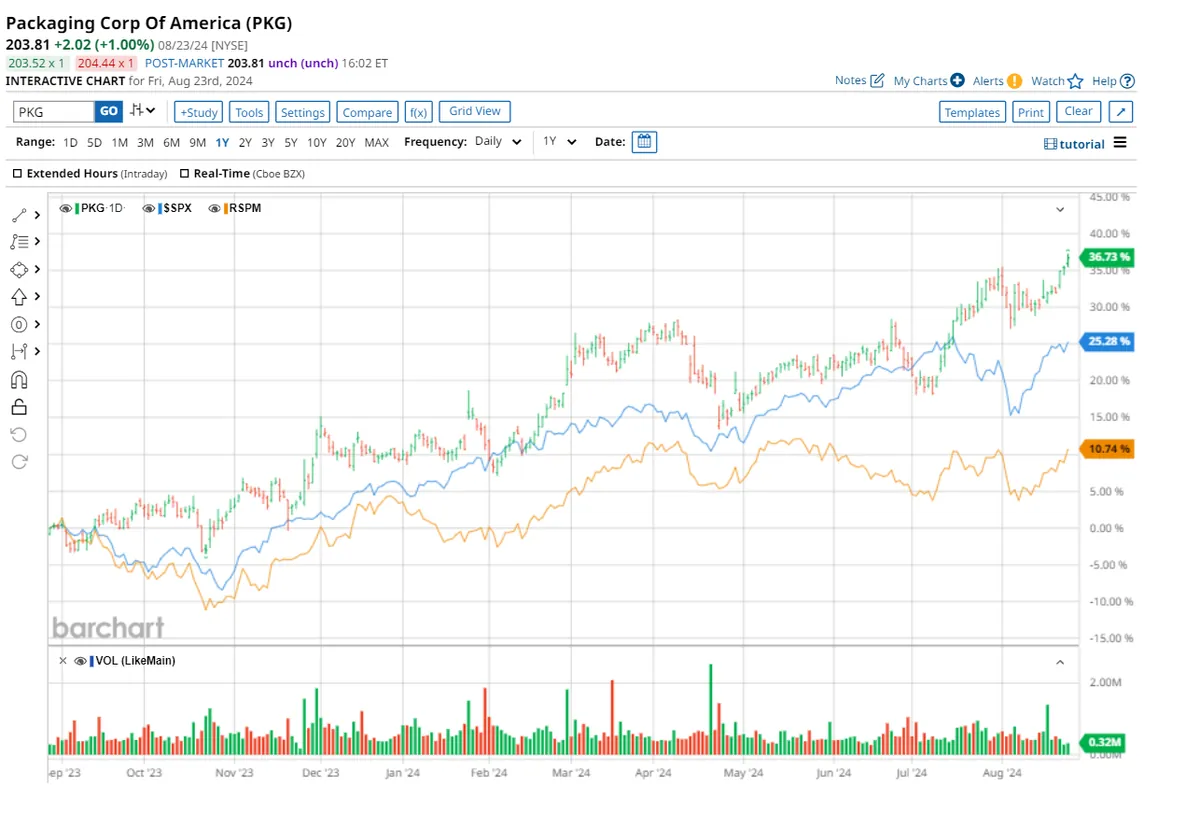The special purpose acquisition company (SPAC) market has experienced a significant shift since its peak in 2021, yet it continues to attract attention from financial institutions and investors. Stephen Kadenacy and Joe Reece, prominent figures in the SPAC landscape, recently launched their fourth blank-check company through SilverBox Capital, demonstrating ongoing interest in this investment vehicle.
SPACs, first created in the 1990s as an alternative to traditional IPOs, have undergone numerous changes since their inception. The recent market slowdown can be attributed to various factors, including heightened regulatory scrutiny and changing economic conditions. In 2023, the Securities and Exchange Commission implemented new rules to enhance investor protection in SPAC transactions.
Despite the challenges, SPACs continue to play a role in the financial markets. As of mid-August 2024, 19 new SPACs had debuted on U.S. public markets, accounting for a quarter of all initial public offerings by number and 15% of the $20 billion raised. This persistent activity suggests that SPACs still offer value to certain market participants.
The SPAC structure, which typically allows 18-24 months to complete a merger or acquisition, provides flexibility for companies seeking to go public. However, if a SPAC fails to complete a deal within the specified timeframe, it must return funds to investors. This feature, along with the ability to vote on acquisitions and request refunds, has made SPACs particularly attractive to hedge funds seeking safe yields and warrant opportunities.
Recent SPAC-related deals highlight the ongoing activity in this space. On August 27, 2024, Events.com, a specialty software developer, announced its merger with Concord Acquisition Corp II, a SPAC chaired by former Barclays CEO Bob Diamond. This transaction, valued at $399 million, will enable Events.com to list on the New York Stock Exchange.
Another notable deal involves PropertyGuru, a Southeast Asian real estate portal. On August 16, 2024, investment firm EQT agreed to acquire PropertyGuru for $1.1 billion. Interestingly, PropertyGuru had previously gone public in March 2022 through a SPAC merger with Bridgetown 2 Holdings, backed by billionaires Richard Li and Peter Thiel.
These transactions not only demonstrate the continued relevance of SPACs but also underscore the fees generated for financial and legal advisers. The PropertyGuru deal, for instance, involved multiple prestigious firms, including Moelis, Morgan Stanley, and JPMorgan.
To further revitalize the SPAC market, structural changes may be necessary. Private equity firms, sitting on approximately $3 trillion of investments, could play a crucial role in pushing for reforms. With traditional IPOs proving challenging for exits, an improved SPAC route could offer new opportunities for these firms.
One potential avenue for reform involves aligning U.S. SPACs more closely with their British counterparts, which entrust deal approval to boards rather than shareholders. Such changes could attract different types of sponsors and investors, potentially making SPACs more suitable for private equity businesses.
As the SPAC market continues to evolve, it remains an important part of the financial landscape. While the frenzy of 2021 may not return, the persistence of SPAC activity suggests that this investment vehicle will continue to adapt to new market realities.
